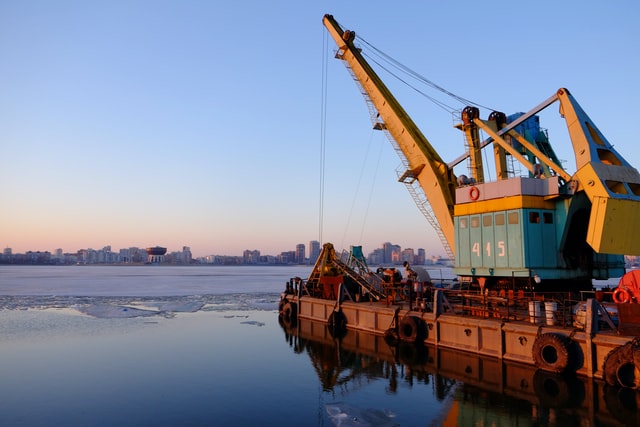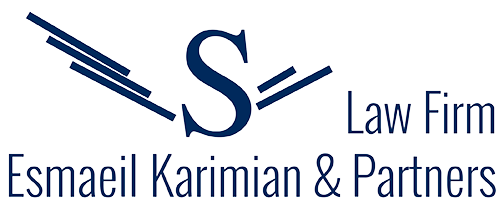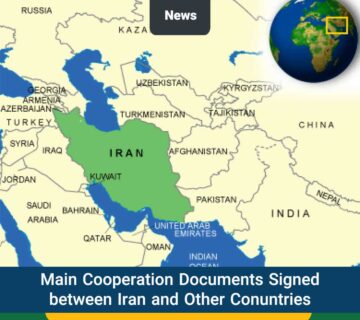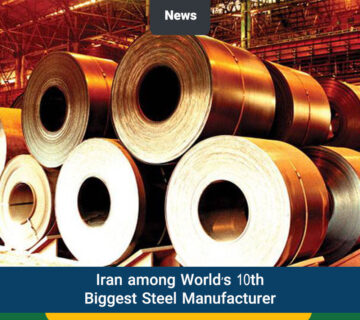Iran Petroleum Contract (IPC)
These days, one of the most important debates in scientific and technical circles is optimizing contractual mechanism in the upstream oil and gas projects in Iran. In February 2014, a seminar was held in Tehran and some provisions of the new oil contracts which have been prepared by “Oil Contracts Revision Committee” unveiled under the title if “Iran Petroleum Contract (IPC)”. This contract has been prepared to rectify failures and gaps in different generations of buy-back contracts and is a beginning of an evolution in Iran’s petroleum contracts. On the other hand, Iran’s Parliament has played a significant role in this evolution by passing a few important laws, especially “the Duties and Powers of the Ministry of Petroleum Act” in 2012.
Esk Law firm Services
Contract and Commercial Law
Iran’s new petroleum contract is not a new kind of petroleum contract alongside concession contracts, production sharing contracts, risk service contracts or joint venture. But it is a hybrid contract which contains some features of joint venture contracts (regarding the procedure of implementing petroleum projects) and some traits of production sharing contracts (regarding the cost recovery mechanism).
Based on IPC Contracts, in the exploration stage, contractor and the National Iranian Oil Company establish an “Oil Exploration Operations Company” in which contractor leads the operation and performs exploration by using his own budget and by taking its risks. National Iranian Oil Company is a technical partner which accompanies the contractor without sharing the costs and risks of exploration. If exploration does not lead to the discovery of a commercial field, the contractor’s costs incurred in the operation will not be refunded. But if a commercial field is discovered, contractor’s costs will be transferred from the exploration stage to the development stage and will be recovered during the amortization period.
You might also be interested in :
Following the discovery of commercial field and assessment operation, the project will step into a new stage. In this phase, in order to implement a development project, another company is established which is usually known as “development operation company”.
Like the previous stage, the contractor incurs all costs and risks of development operation while he has the power to lead the operation. Once again, the National Iranian Oil Company is technical partner which accompanies the contractor without sharing the costs and risks of development operation. All direct and indirect costs of such operation which is incurred by the contractor or the National Iranian Oil Company, will be amortized by allocation of a specific percentage of products to the company.

The next phase is production operations which are more varied than exploration and development stage. Therefore, either
(i) the production operations may be implemented by the National Iranian Oil Company or its affiliated companied along with financial and technical support of contractor; or
(ii) the development company also takes part in production operations; or
(iii) in order to implement and manage field production operations, a production operations company is established while development company which has built in the former stage, will provide financial and technical support to the production company.

It should be noted that, based on the above-mentioned seminar’s panels, the IOR/EOR are other responsibilities of production operations company which should be implemented and reported to the development company. Finally, at the end of a payment period, which according to the conditions of each field is ranging from 15 to 20 years, the petroleum contract is terminated.
The seminar’s panels did not determine any specific forms of company for exploration and development operations, however, the production operation company will be formed as a “Non- profit Joint Operating Company”.
Our team is composed of highly skilled and versatile lawyers who combine practical experience and academic knowledge of their field. Most of our practitioners have worked in different professional environments, often outside their home jurisdiction.





No comment